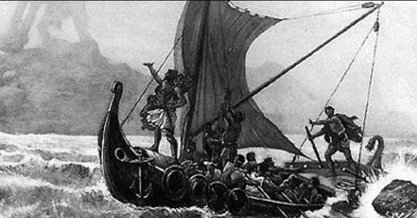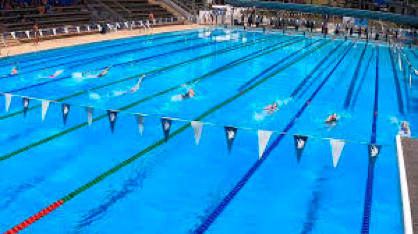What does knowledge look like in The Arts
November 27, 2019
I think that it is very easy to fall into the trap of believing that there is little to no knowledge in the Arts. After all, surely a means of creative expression cannot produce knowledge so concrete as can the Natural Sciences or Mathematics. In fact, the notion that there is little knowledge to be gained from art has been furthered by many intellectuals in the recent past. The Wildean perspective, for example, is that art ought to be made for the sake of artistry, that “art need not express anything but itself”. Under this artistic paradigm, the conclusion that knowledge cannot be ascertained from The Arts follows quite naturally. Indeed, Oscar Wilde himself stated in his preface to The Picture of Dorian Gray that “All art is quite useless”.
While such a claim may be comforting to students making metaphysical speculations on the nature of art, the line of thought (regrettably) falls apart under closer scrutiny. After all, oftentimes art is used as a medium of communicating some set of moral, or religious truths. For example, the Sistine Chapel ceiling, painted by Michaelangelo in the midst of the Renaissance, most definitely appeals to conventional aesthetic values. However, looking at the art solely through this lens is an exercise in ignorance. Clearly, Michelangelo’s work conveys a wealth of religious knowledge. As shown, a simple example can prove that art is not meaningless. A more astute claim is that knowledge in the arts looks like a presentation of ethical, religious, or political ideas through artworks.
A more contentious question though is the efficacy of art in a vacuum. That is to say, can knowledge still be derived from an artwork without some sort of outside context? The reason why such a question is contentious is because there is a fundamental divide between an artist’s vision, and a person’s interpretation of an artwork. The artist behind a pioneering work of musical impressionism may believe his work to be incredibly emotionally profound. Though a person listening to the same piece may only experience a dense cacophony of formless sounds. Furthermore, there is the problem of interpretation. The mere fact that different people can extract different, even conflicting meanings from the same work of art makes it such that art can hardly be called robust – let alone replicable. Paradoxically, the best art is usually that which evokes the largest variety of responses within an audience. Though this makes it such that it is hard to determine any sort of objective truth within the art itself. Nevertheless, the solution to this problem of interpretation comes in the form of educated artistic appreciation.
For knowledge to be gained from art, the opinion of an informed viewer necessarily holds more value than that of an uneducated onlooker. If all artistic opinions were given equal credence, it would be impossible to ascertain any sort of objective truth in art. If this was the case, a critic’s proclamation that surrealist artist René Magritte’s “The Double Truth” is a meaningful insight into the human psyche, would be given the same weight as a child’s interpretation that the painting is about spaghetti. This is clearly absurd. By giving more weight to informed criticism of artwork, we can more accurately identify the meaning within art. Therefore, it can be conjectured that knowledge in art looks like the creative expression of ideas that are affirmed through the skillful analysis of educated viewers. While somewhat verbose, I think that the definition is a precise enough description of how knowledge is gleaned from art.
Furthermore, artistic knowledge can have a very broad scope. Unlike the other Areas of Knowledge, art can comment on a large number of topics. Andy Warhol’s acclaimed work “Campbell’s soup cans” was renowned because it caused people to ask questions. “What does art mean in our contemporary society?”, “What even counts as art?”. It certainly doesn’t attempt to answer some deep underlying question about the nature of reality.


